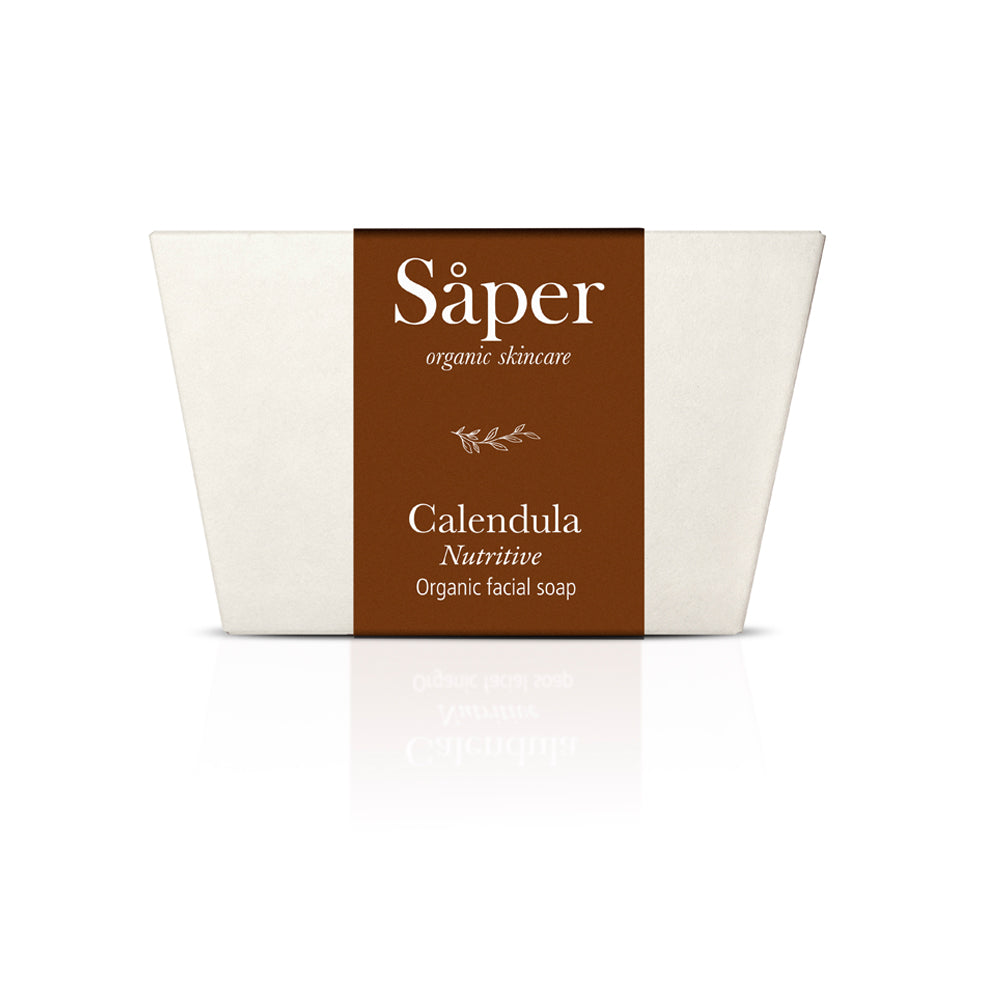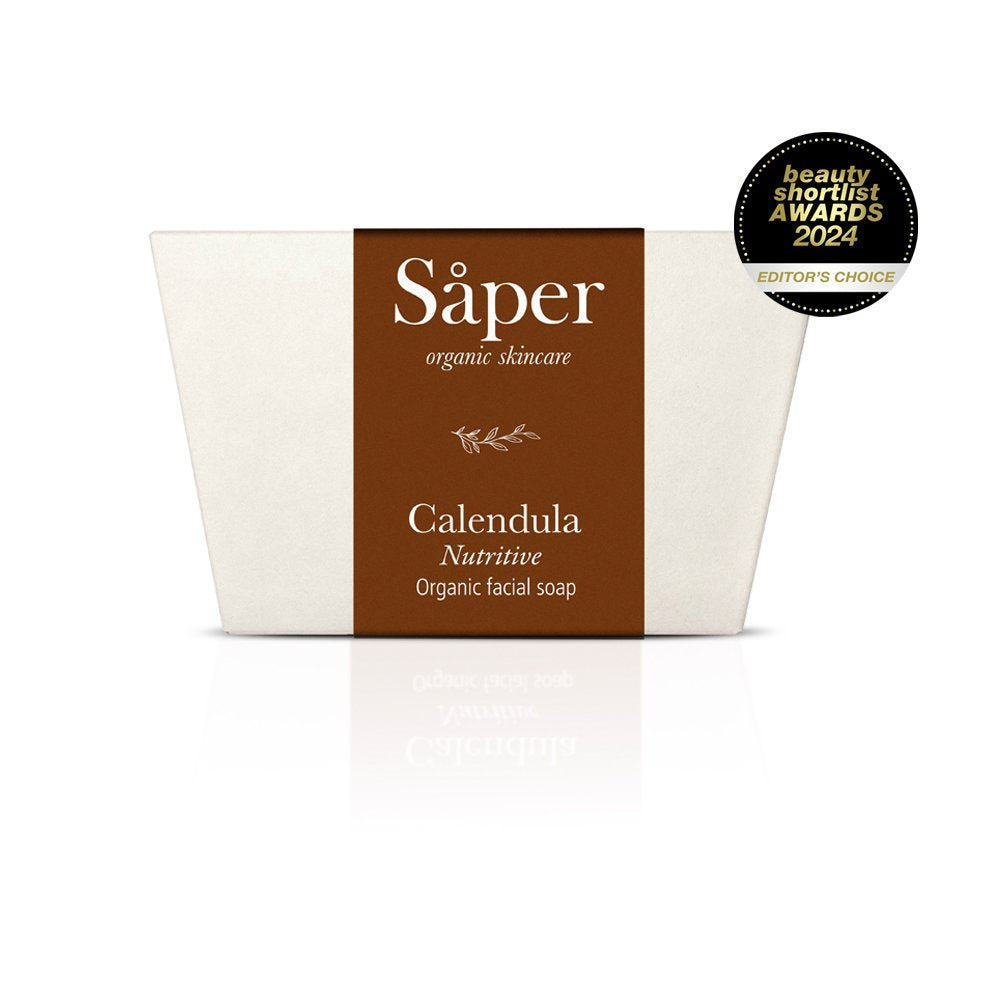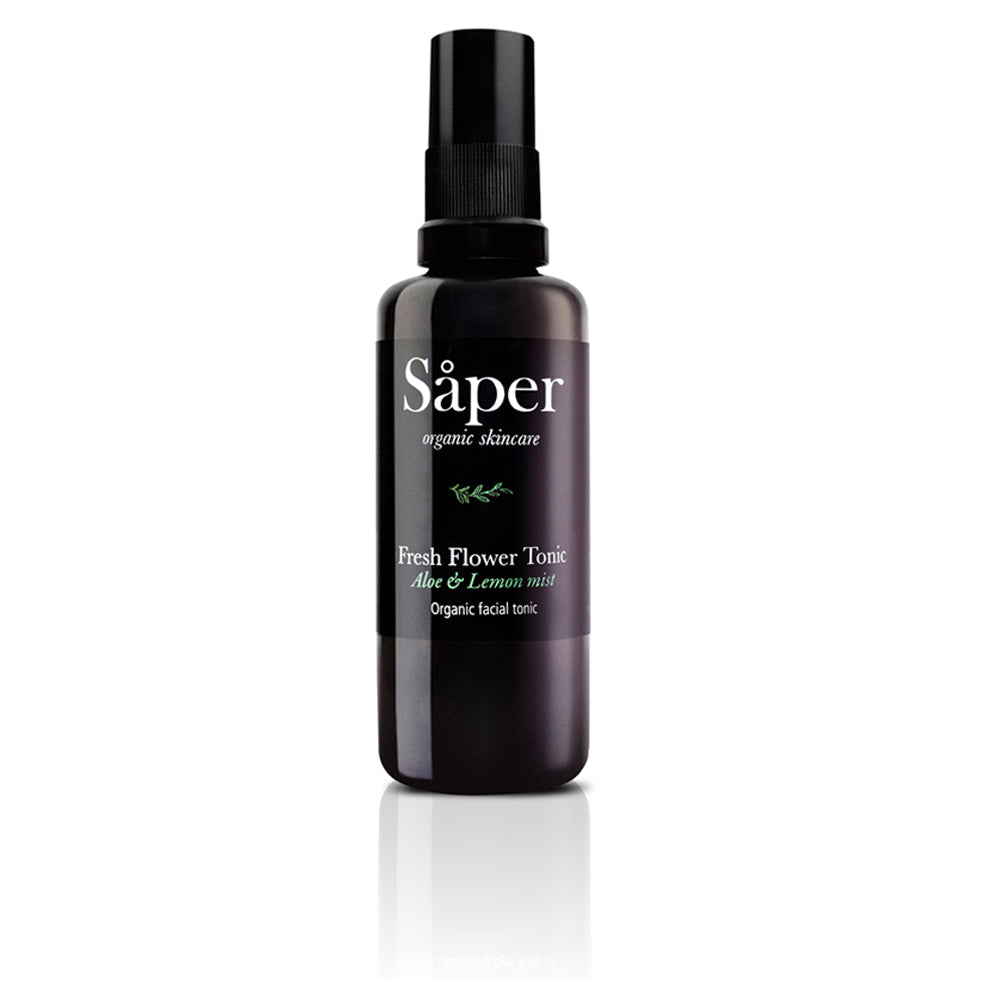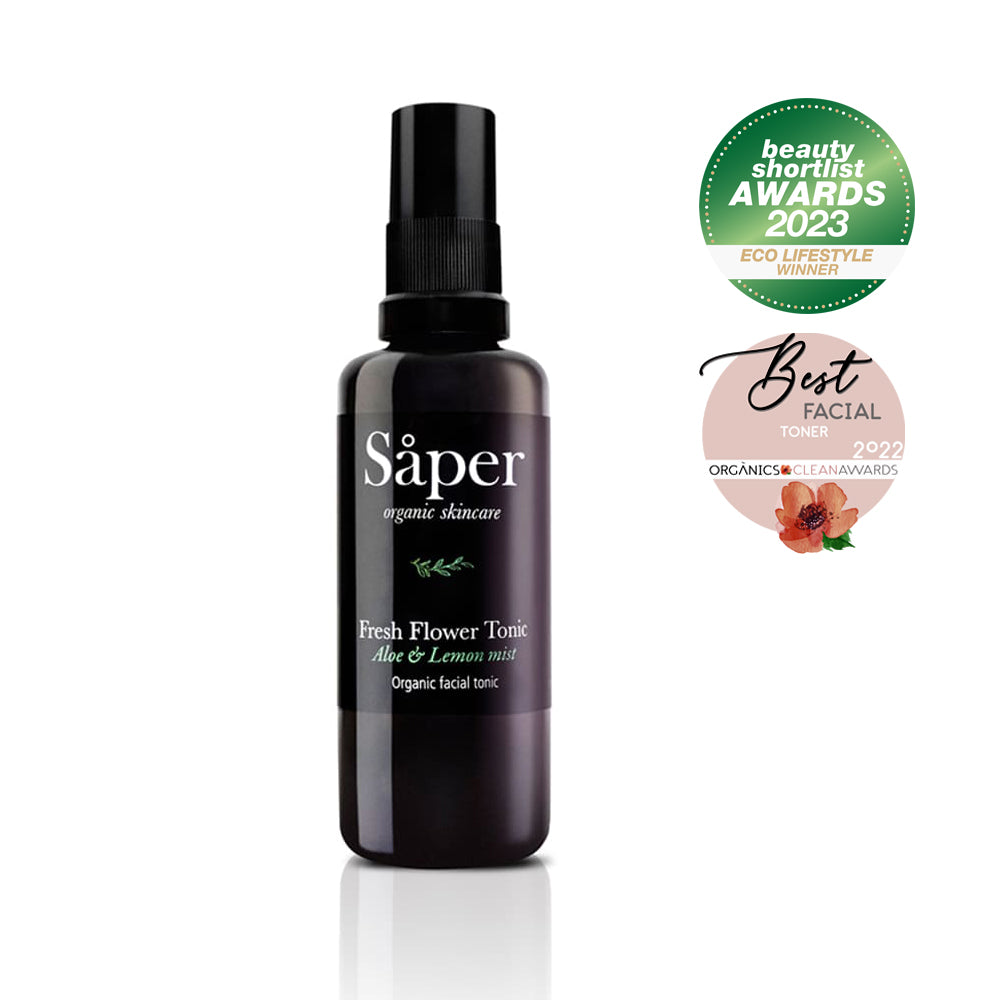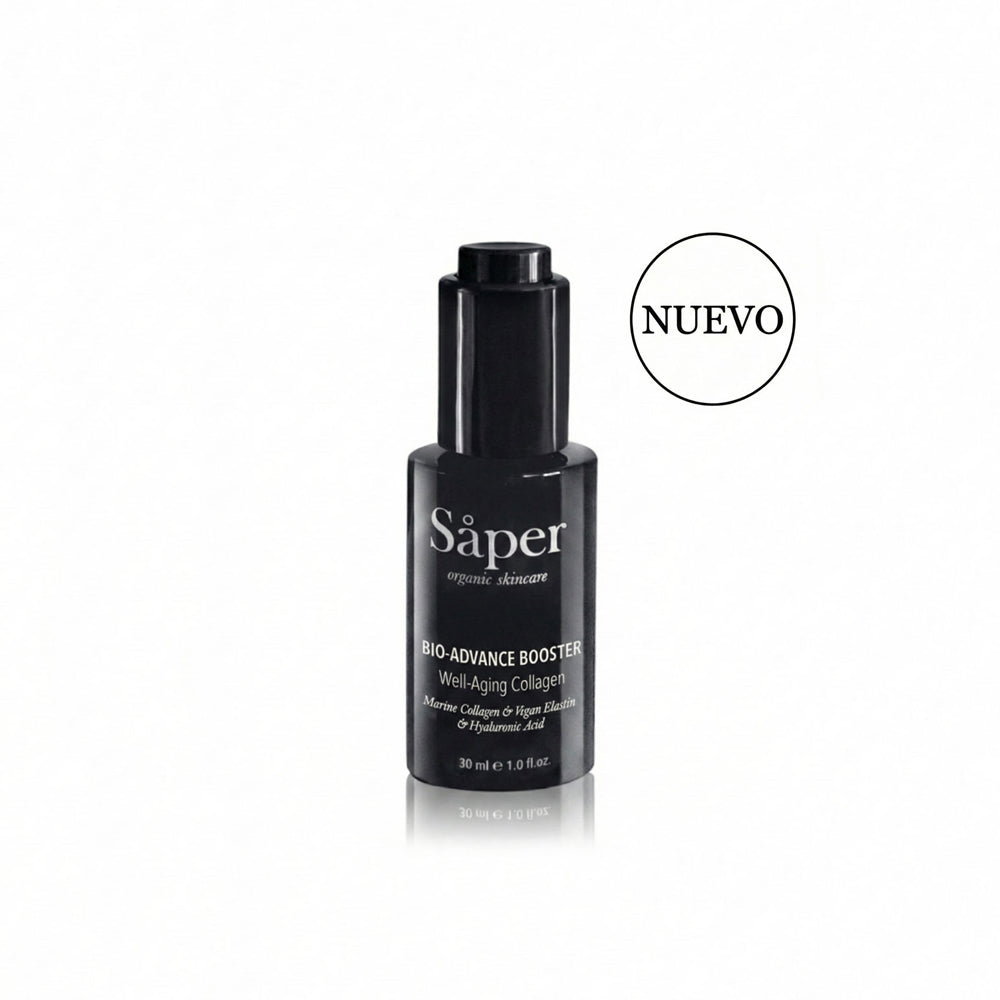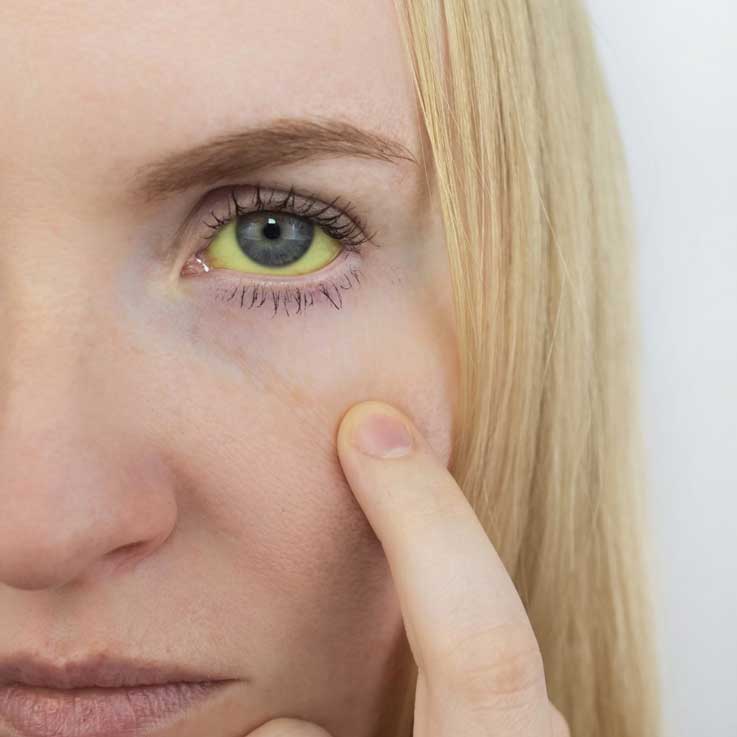In recent years, concern about the ingredients we use on our skin has grown exponentially. Consumers are increasingly informed and demand safer, more natural, and more environmentally friendly products. But what is the difference between natural cosmetics and conventional cosmetics? What happens when we start using natural products?
In this article, we analyze how chemistry is used in both types of cosmetics and why opting for botanical ingredients is a safer and more beneficial choice.
Difference between natural and conventional cosmetics
Natural cosmetics are based on ingredients of natural origin, such as essential oils, botanical extracts, and minerals, without resorting to synthetic chemicals . Natural products avoid the use of synthetic compounds such as parabens, phthalates, or silicones, which, while effective in creating textures and prolonging the shelf life of conventional cosmetics, can have long-term negative effects on our health and the environment. Natural cosmetics are based on organic chemistry, not synthetic chemistry.
On the other hand, conventional cosmetics use a large number of ingredients derived from the petrochemical industry and other synthetic chemicals. Some of these ingredients are banned in organic cosmetics due to their potential harmful effects. This isn't just our opinion, but rather based on scientific studies conducted by Nicolás Olea — a doctor at the Granada Hospital and researcher—who has spent over a decade investigating how certain substances, such as endocrine disruptors, affect our bodies.
Here's a very interesting interview that Elena Berzal conducted with Nicolás Olea , also an expert on toxic substances found in everyday products, such as cosmetics.
Certified natural cosmetics without synthetic chemicals
Certified natural cosmetics , like ours, guarantee that no synthetic chemicals, artificial fragrances, or petroleum derivatives are used. Products must meet strict standards to ensure that ingredients come from natural, environmentally friendly sources and are not genetically modified.
The certification seal from entities like BioVidaSana guarantees that products do not contain ingredients that can have adverse effects, such as parabens, phthalates, or triclosan. These ingredients, present in many conventional products, have been linked to hormonal problems, skin irritations, and, in some cases, bioaccumulation in human and animal tissues.

Click here to see the complete list of ingredients prohibited in natural cosmetics, according to the BioVidaSana standard.
Natural Cosmetics or Conventional Cosmetics: Which to Choose?
Choosing between natural and conventional cosmetics is a decision that impacts both our health and the environment. Natural cosmetics use ingredients of botanical and mineral origin, such as essential oils, plant extracts, vegetable waxes, clays, and micas, which are highly biocompatible with human skin. This means the skin can absorb, utilize, and tolerate these ingredients more naturally, reducing the risk of irritation, allergies, or the buildup of synthetic residues in tissues.
In contrast, conventional cosmetics are often formulated with chemically synthesized ingredients, such as parabens, silicones, sulfates, acrylates, PEGs (polyethylene glycols), benzophenones, and artificial fragrances, among many others. These ingredients, while providing pleasant textures and immediate effects, can disrupt skin's balance in the long term. Furthermore, many of these synthetic ingredients are difficult to degrade once they reach the environment. For example, the silicones and microplastics used to provide softness and finish in conventional products are not biodegradable and, over time, accumulate in aquatic ecosystems, affecting marine life.
From an ecological perspective and in terms of consistency in a healthy lifestyle , opting for natural cosmetics is more consistent with other sustainable habits, such as consuming organic foods or choosing ethically produced clothing. Just as we prefer foods without additives or preservatives, natural cosmetics offer the benefit of caring for our skin with minimal, effective ingredients, without chemical processing, and with responsible extraction methods.
Key ingredients in certified natural cosmetics
Now that I've given you some reasons to choose natural cosmetics, I'm going to tell you about the ingredients we use at Saper to formulate all of our products. Of course, they're all botanical, but we can obtain different active ingredients depending on the extraction method we use.

Vegetable oils
Vegetable oils are extracted from seeds, fruits, or nuts and are rich in essential fatty acids, Omega 3, 6, and 9, vitamins, and antioxidants that nourish and protect the skin from dehydration. These oils are obtained by cold pressing , which preserves their nutrients.
- Examples : Jojoba oil (hydrates and balances), rosehip oil (regenerates and prevents wrinkles), and argan oil (antioxidant and anti-aging).
Oily extracts
Oil extracts are made by immersing flowers, leaves, or plant roots in a base oil, such as olive oil, to release their active ingredients. This maceration process lasts approximately 40 days and allows us to obtain gentle extracts, ideal for sensitive skin.
- Examples : Calendula oil (soothing and anti-inflammatory), carrot oil (rich in beta-carotene, ideal for regenerating and improving skin tone) or birch or mallow oil, all of which are produced in our laboratory.
Glycerinated extracts
Glycerin extracts are obtained by blending fresh or dried plants with a solution of water and organically produced vegetable glycerin, derived from the saponification of vegetable fats. This method extracts water-soluble compounds without the need for alcohol, making them suitable for sensitive skin.
- Examples : Immortelle extract (regenerative), green tea extract (antioxidant), or ginkgo biloba extract (decongestant and anti-inflammatory).
Essential oils
Essential oils are obtained through steam distillation , a process in which steam passes through the plant and releases its volatile compounds, which are then condensed into essential oil. Essential oils are concentrates of the plant's active ingredients and are used in small quantities.
- Examples : Lavender essential oil (relaxing and calming), tea tree essential oil (antiseptic and purifying), sweet orange essential oil (antioxidant and revitalizing).
Hydrolates or floral waters
Hydrosols are a byproduct of essential oil distillation. They are waters that contain small amounts of essential oils and water-soluble plant compounds. Hydrosols are used to tone, moisturize, and refresh the skin.
- Examples : Rose hydrolate (hydrating and balancing), witch hazel hydrolate (astringent and purifying), orange blossom hydrolate (soothing and revitalizing).
Aloe vera juice
Aloe vera juice is obtained from the pulp of the aloe plant's leaves through an extraction and filtration process that preserves its nutrients. Rich in vitamins, minerals, and polysaccharides, aloe vera has soothing, healing, and moisturizing properties. We have replaced the water in all formulations with organic aloe vera juice, which exponentially increases the active ingredient in many of our products.
- Example : Aloe vera juice (calms irritations, moisturizes and promotes cell regeneration).
Botanical extracts in powder form
Some active plant ingredients are dried and ground to obtain powdered extracts , which can be used in masks or loose powders. These powders retain the antioxidant, regenerative, or anti-inflammatory properties of the plants.
- Examples : Blue Gardenia Powder (antioxidant), Turmeric Powder (anti-inflammatory), Oatmeal Powder (soothing and calming).
Each of these ingredients provides specific benefits, and the extraction methods ensure that the active ingredients maintain their properties intact, making natural cosmetics a safe and effective option for skin care.
These ingredients, among others, offer real benefits for the skin, without the side effects of synthetic compounds.
In short, choosing natural cosmetics over conventional ones goes beyond personal care . It represents a commitment to both our health and the well-being of the environment. Natural cosmetics stand out not only for their use of botanical ingredients and respectful extraction methods, but also for avoiding synthetic chemicals that can harm the skin and pollute our ecosystems . With certified organic products, it is possible to access high-quality cosmetics that nourish, hydrate, and protect the skin safely and naturally. As awareness of a healthy lifestyle grows, natural cosmetics are presented as the coherent option for those seeking a balance between beauty, health, and sustainability.



